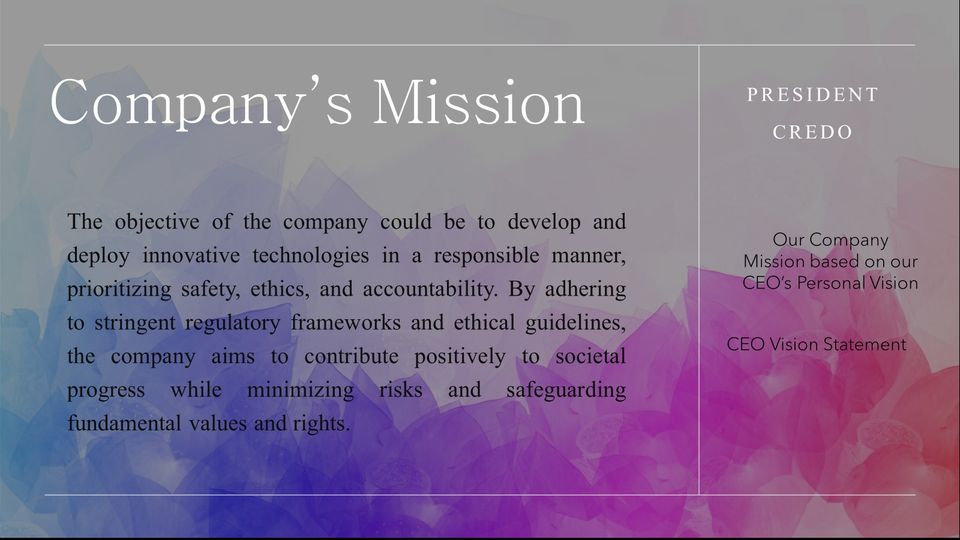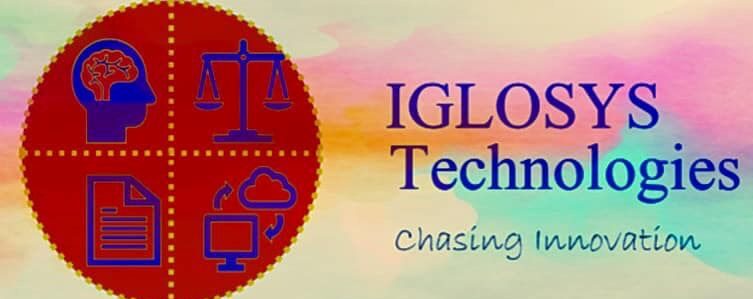Policy Recommendations for Regulating Emerging Technologies
By: Ram Bhandari, MSIM, MPM, PG
Adv. MPH, Columbia University, New York
Date: 3/23/2024
Introduction:
The rapid advancement of emerging technologies such as artificial intelligence (AI), biotechnology, and autonomous vehicles presents both unprecedented opportunities and potential risks. As policymakers, it is imperative that we establish robust regulatory frameworks to ensure the safety, ethics, and accountability of these technologies. This memo outlines key policy recommendations to address this critical issue.
Background:
The emergence of cutting-edge technologies stands poised to revolutionize sectors, spanning healthcare, transportation, finance, and manufacturing. These innovations promise transformative advancements that have the potential to redefine societal norms and enhance operational efficiencies on an unprecedented scale. However, alongside their widespread adoption comes a host of concerns. Issues such as privacy infringement, algorithmic bias, safety hazards, and ethical dilemmas loom large, casting shadows over the otherwise promising landscape of technological progress. Without robust regulatory oversight, there exists a palpable risk of unintended consequences and societal harm. In the absence of clear guidelines and frameworks, the uncontrolled proliferation of emerging technologies threatens to exacerbate existing disparities, undermine societal cohesion, and precipitate unforeseen disruptions across socio-economic strata.
The absence of stringent regulatory mechanisms leaves critical vulnerabilities exposed, ripe for exploitation by nefarious actors seeking to subvert established norms and manipulate the trajectory of technological progress for personal gain. Such actions not only imperil individual rights and liberties but also erode public trust in the transformative potential of emerging technologies. Inadequate regulation stifles innovation, hindering progress and perpetuating an atmosphere of uncertainty and apprehension. Therefore, the imperative to enact comprehensive regulatory frameworks cannot be overstated. By safeguarding against the deleterious impacts of unregulated technological advancement, such frameworks foster an environment conducive to responsible innovation. Here, ethical imperatives such as safety, equity, and accountability serve as guiding principles, ensuring that the promise of technological progress is realized in a manner that prioritizes societal well-being in the digital age (Rotolo D. et.al 2015).
Issue Statement:
The rapid advancement and widespread adoption of emerging technologies, such as artificial intelligence (AI), biotechnology, and autonomous vehicles, pose substantial challenges in ensuring safety, ethics, and accountability. Without robust regulation, these innovations carry the potential to inflict harm upon individuals, communities, and society as a whole. Consequently, urgent action is required to establish comprehensive regulatory frameworks that govern the development, deployment, and utilization of emerging technologies. Such frameworks are essential to mitigate risks, safeguard public welfare, and foster responsible innovation in an increasingly technologically driven world.
Policy Options:
- Dedicated regulatory bodies composed of experts from diverse fields, including technology, ethics, law, and public policy, will oversee the development and implementation of sector-specific regulatory frameworks for emerging technologies.
- Formulate ethical guidelines and principles to guide the development, deployment, and utilization of emerging technologies, it is imperative to address multifaceted ethical considerations encompassing notions of fairness, transparency and accountability.
- Implement strict testing procedures, certification requirements, and transparency measures to enforce standardized safety and quality assurance protocols for AI systems, biotechnological products, and autonomous vehicles, ensuring reliability and user safety.
- Mandate rigorous risk assessment and impact analysis protocols for emerging technologies, requiring manufacturers and developers to conduct comprehensive assessments of potential risks to safety, privacy, security, and societal values before deployment.
- Enact stringent measures to uphold standardized safety and quality assurance protocols for AI systems, biotechnological products, and autonomous vehicles, imposing strict adherence to rigorous testing procedures, certification standards, and transparency measures to guarantee both product reliability and user safety.
- Institute precise liability and accountability mechanisms to address harm stemming from emerging technologies, encompassing algorithmic errors, product defects, and accidents. This will help in formulating precise legal frameworks to establish liability among manufacturers, developers, operators, and users.
Recommendations:
- Establish Interdisciplinary Regulatory Bodies: Create specialized regulatory bodies including experts from diverse fields, including technology, ethics, law, and public policy. These bodies should collaborate closely with industry stakeholders, academic institutions, and civil society organizations to develop comprehensive regulatory frameworks.
- Risk Assessment and Impact Analysis: Mandate rigorous risk assessments and impact analyses for emerging technologies before deployment. Assess potential risks to safety, privacy, security, and societal values, considering both short-term and long-term implications.
- Safety and Quality Standards: Develop standardized safety and quality assurance protocols for AI systems, biotechnological products, and autonomous vehicles. Require manufacturers to adhere to strict testing procedures, certification requirements, and transparency measures to ensure product reliability and user safety.
Rationale:
The regulation of emerging technologies is imperative due to the profound impact these innovations have on society, economy, and individual well-being (Macnaghten, Davies, & Kearnes, 2019). As technologies such as artificial intelligence (AI), biotechnology, and autonomous vehicles continue to advance, they bring unprecedented opportunities for progress and efficiency. However, without adequate regulation, there exists a significant risk of unintended consequences, including safety hazards, ethical dilemmas, and infringement of individual rights. For instance, AI algorithms may perpetuate biases or discrimination, biotechnological advancements may raise ethical concerns regarding genetic manipulation, and autonomous vehicles may pose risks to public safety if not properly regulated. By implementing regulatory frameworks, we can mitigate these risks and ensure that emerging technologies are developed and deployed in a manner that prioritizes safety, ethics, and accountability.
Moreover, effective regulation of emerging technologies is essential to foster public trust and confidence in their use and deployment. Trust is a foundational element for the successful adoption and integration of new technologies into society. Without clear and transparent regulatory guidelines, individuals and communities may hesitate to embrace emerging technologies, fearing potential harm or misuse (Karen J. et. al 2021). By establishing regulatory frameworks that prioritize safety, ethics, and accountability, we can instill confidence among stakeholders, including consumers, businesses, and policymakers, thereby facilitating the responsible development and adoption of emerging technologies. Ultimately, regulatory oversight serves to balance innovation with the protection of public interests, ensuring that technological advancements contribute positively to societal progress while minimizing risks and safeguarding fundamental values and rights.
Conclusion:
In conclusion, the rapid advancement and widespread adoption of emerging technologies underscore the critical need for robust regulatory frameworks to ensure safety, ethics, and accountability. Without such frameworks in place, there is a palpable risk of harm to individuals, communities, and society. It is imperative that policymakers take urgent action to establish comprehensive regulatory mechanisms that govern the development, deployment, and utilization of emerging technologies. By implementing ethical guidelines, enforcing safety and quality standards, and instituting liability and accountability mechanisms, we can mitigate risks, safeguard public welfare, and foster responsible innovation. Through interdisciplinary collaboration and rigorous assessment processes, we can navigate the complex landscape of emerging technologies, ensuring that their potential benefits are realized while minimizing potential harms. Ultimately, effective regulation is essential to building public trust and confidence in the transformative potential of emerging technologies, thereby enabling their responsible integration into society for the betterment of all.


